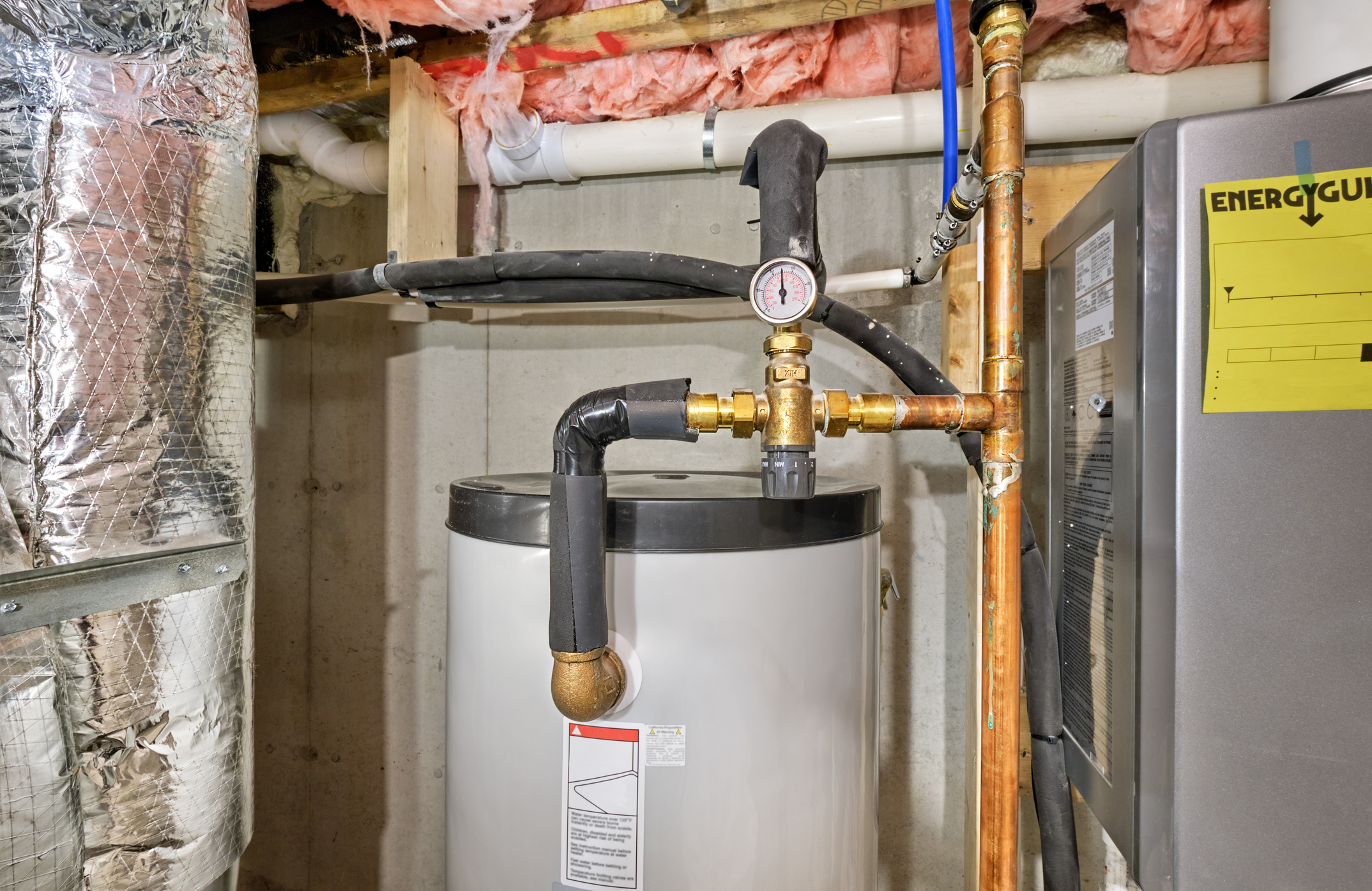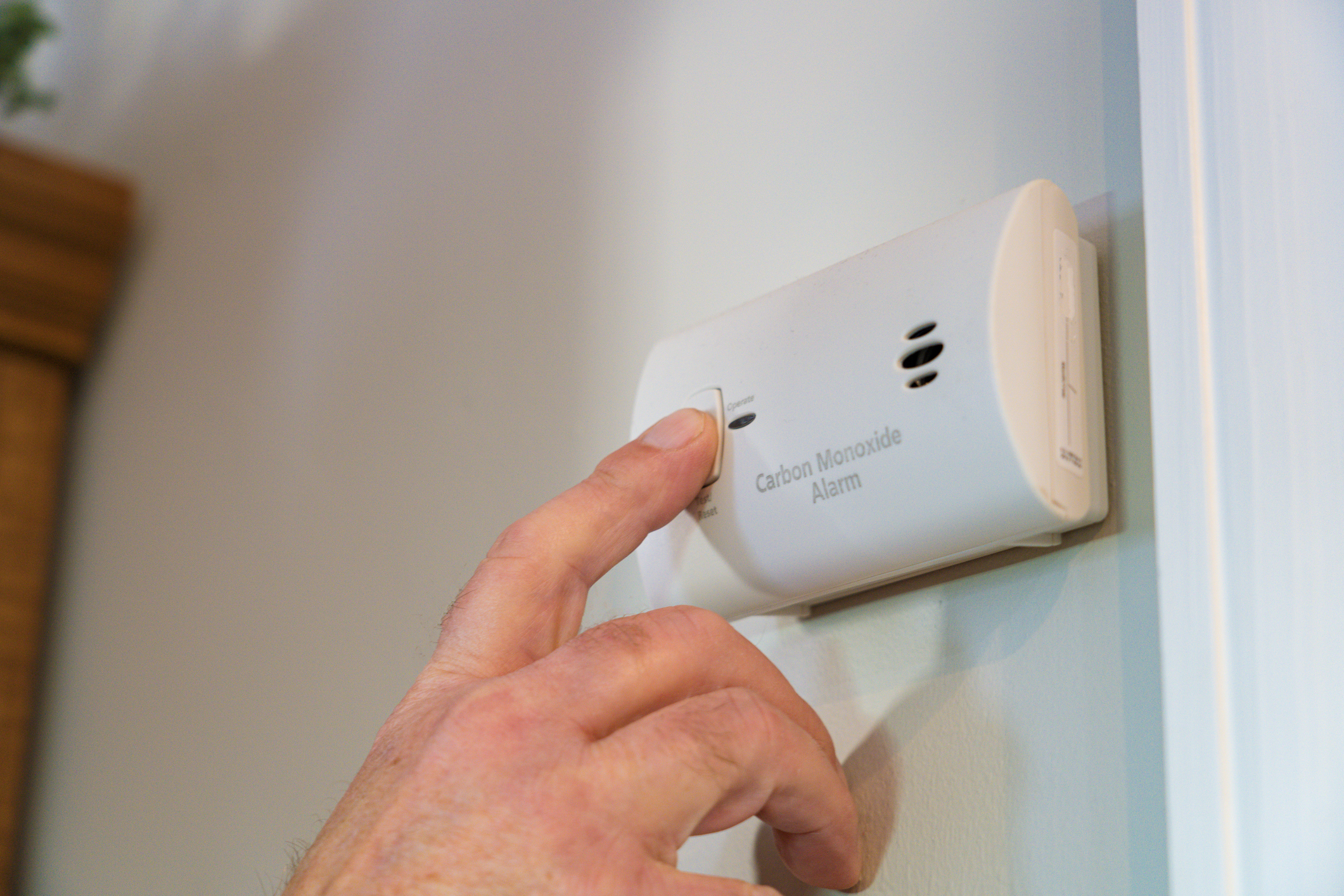
From the Field: 14 More Things Code Inspectors Wish Homeowners Knew
Your home is like a living, breathing entity, and building safety professionals are here to help ensure it has a long and prosperous life.
This is Part 2 of our series on things code inspectors wish homeowners knew. You can read Part 1 here.
Building safety professionals are lifelong learners, they discover early in their careers that there is no way to know everything. As codes evolve, and new building materials are introduced, there is always something new to learn.
The same could be said for homeowners. Derek Zwagerman, Building Official for the City of Central Point, OR, believes that homeowners should look at a house as a “living, breathing entity.” To that end, he said they should think about what keeps it functioning.
“There is a lot of preventative maintenance that can be done on a house,” said Zwagerman. “Just because the house has already been constructed doesn’t mean it should be ignored. We want to make it last as long as we can.”
Zwagerman is among the building safety professionals who recently shared more of the things they wish homeowners knew about their properties.

Henry L. Green (MI)
Henry L. Green is a Past President of the International Code Council.
There are critical, life-saving reasons behind every permit.
“People often wonder, ‘Why do I have to do this?’ Well, one time I was talking to a mayor and one of his constituents came up and asked why he needed a permit to put a water heater in his garage.
“The mayor turned to me and said, ‘Can you tell me why?’ And I said, ‘gases, including carbon monoxide, are heavier than air and lay at the lowest level in the garage. If you put a water heater in there and it’s not elevated properly, or if it is not vented properly, and you have an open flame because it has a pilot light, you could ignite the gases that are in the garage.’
“That’s the kind of thing we need to guard against for people. The codes aren’t there to be restrictive, they’re there to provide protections.”

Dawn Kitzmiller (Baker City – OR)
Dawn Kitzmiller is the Building Official for the Baker City/County Building Department in Oregon.
Poor property maintenance can hit your bottom line via insurance issues and local ordinances.
“In Oregon, property maintenance is not usually a building code issue. But once it gets to a point of decay that’s too extreme, then we usually get roped in via a municipal code and have to help. It’s important to maintain your investment so it’s not expensive later!”
Insurance may not pay if your installation isn’t inspected.
“Suppose your home suffers a plumbing leak. You decide to fix it yourself. The insurance company will not pay out if you don’t use permits and a plumber. They want their investment inspected and approved.
“If you install, for example, a wood stove without having it inspected, and it catches the house on fire, the insurance company can deny payment because you did that.
“So, in almost every example, I would always encourage doing work with the required permits and inspections.”
Radon may be more dangerous than people realize.
“In our area radon gas [poses a risk]. This is a historic area with many homes that were built long before anyone had ever heard of radon. I wish that folks would at least install a radon detector (like a smoke detector) in their homes. Radon causes cancer and I sometimes worry about the depth of that, wondering if it causes more than we even know.”
For more information on radon and cancer, visit the American Cancer Society.
Jason Bush (Cottage Grove – OR)
Jason Bush, CBO is the Building Official for four cities in Oregon: Cottage Grove, Veneta, Creswell and Coburg. He is the recipient of the 2021 ICC Raising the Profile Award.
Check the background of your contractor.
“In Oregon, you can visit the Construction Contractors Board website and it’ll tell you how many claims they’ve had, if any.”
Embrace building safety professionals as part of the team.
“Homeowners are one of my favorite aspects of this job. It’s a daunting task, especially for older folks, to try and find contractors that you can trust. Projects always seem to go a little over budget. It’s overwhelming for a lot of homeowners.
“But we’re here to help you, we’re going to make sure your contractor is not going to cheat you or do something that will cost you money in the future – or your life. We’re there as part of your team. I’ve had so many homeowners where you can almost hear a sigh of relief when we tell them that.”

Melany Klemmer (Cottage Grove – OR)
Melany Klemmer is a Residential Building Inspector and Senior Permit Specialist for the City of Cottage Grove, OR.
You are not the only person who will ever live in your house.
“A guy wanted to convert his garage into a living space, and we were talking about how he was going to insulate it. And he said, ‘I don’t care if the floor isn’t insulated.’ And I said, ‘Sir, when you sell the house down the road, the person buying it might care.’
“Homeowners tend to think that it’s their house, they can do whatever they want with it, but they need to remember that they’re not going to be the homeowner forever. Building something to code is useful for everyone.”
Garrett Freshour (Astoria – OR)
Garrett Freshour is the Chief Building Official for the City of Astoria, OR.
You need to be proactive to prevent your home from making you sick.
“At my last job in Eugene, OR, there was a homeowner that bought a house and started using their wood stove. All of a sudden, they started getting headaches and didn’t feel good. They put in carbon monoxide detectors, and they suddenly started going off! They called the fire department and learned they were way over the limit of carbon monoxide.”

Garage bedrooms must be separated from the rest of the garage.
“There are a lot of garage, basement and attic conversions and sometimes people don’t realize they need permits for that. Our country faces a huge housing crisis, so you must approach those situations very carefully. In the case of a garage, is it a situation where someone is going to store their lawnmower, gas cans or cars inside? If they can’t, I’d advise them on what they need to do.
“They could have an outbuilding, and I’ve seen situations where 90% of the garage was taken by their room. Then at the front of the garage they would put in fire rated sheetrock on the wall where the new habitable space is. They’d also put it on the ceiling. As a result, they’d still maintain that separation to the point where you open the garage door and there’s no access to the bedroom from the garage.”
Derek Zwagerman, P.E. (Central Point – OR)
Derek Zwagerman is the Building Official for the City of Central Point, OR.
Get to know your house.
“I’ve heard some people say, “I don’t know if I have gas in my house.’ It’s time to educate yourself.”
Know what you’re doing before starting any projects.
“Your house is like your car. If you want to tear into it and do things to it, I really encourage you to know what you’re doing before you start because of the significant investment that comes with owning a home.
“Trade professionals might make it look easy because they know what they’re doing. But the typical homeowner or DIYer may not have the tools or expertise to do it, and that’s a problem for both your safety and your project. If you don’t know what you’re doing, it’s probably best to leave it to the professionals.”
Your water supply is important – protect it (and protect your house from water).
“Let’s say you have an irrigation system – there are several methods of backflow prevention. There are double-check valves and atmospheric vacuum breakers, for example.
“At the same time, water is a huge issue. Are you keeping it from infiltrating your house? Are your downspouts properly connected?” It’s important to look into these things.
Simple maintenance goes a long way.
“Take a look at your water heater every now and then. Are you getting good hot water out of it? Make sure it isn’t leaking and that the bottom hasn’t rusted out.”
There are times when you don’t need a permit – know the difference.
“You can do a lot of work around your house that does not require a permit. Concealed wiring and plumbing, you need a permit for that. You want to replace windows and you’re not changing the structural elements? You don’t need a permit for that.”
To learn more about building safety and how to ensure you are taking proactive steps to ensure the safety of your home, check out the Code Council’s Building Safety Month website.








